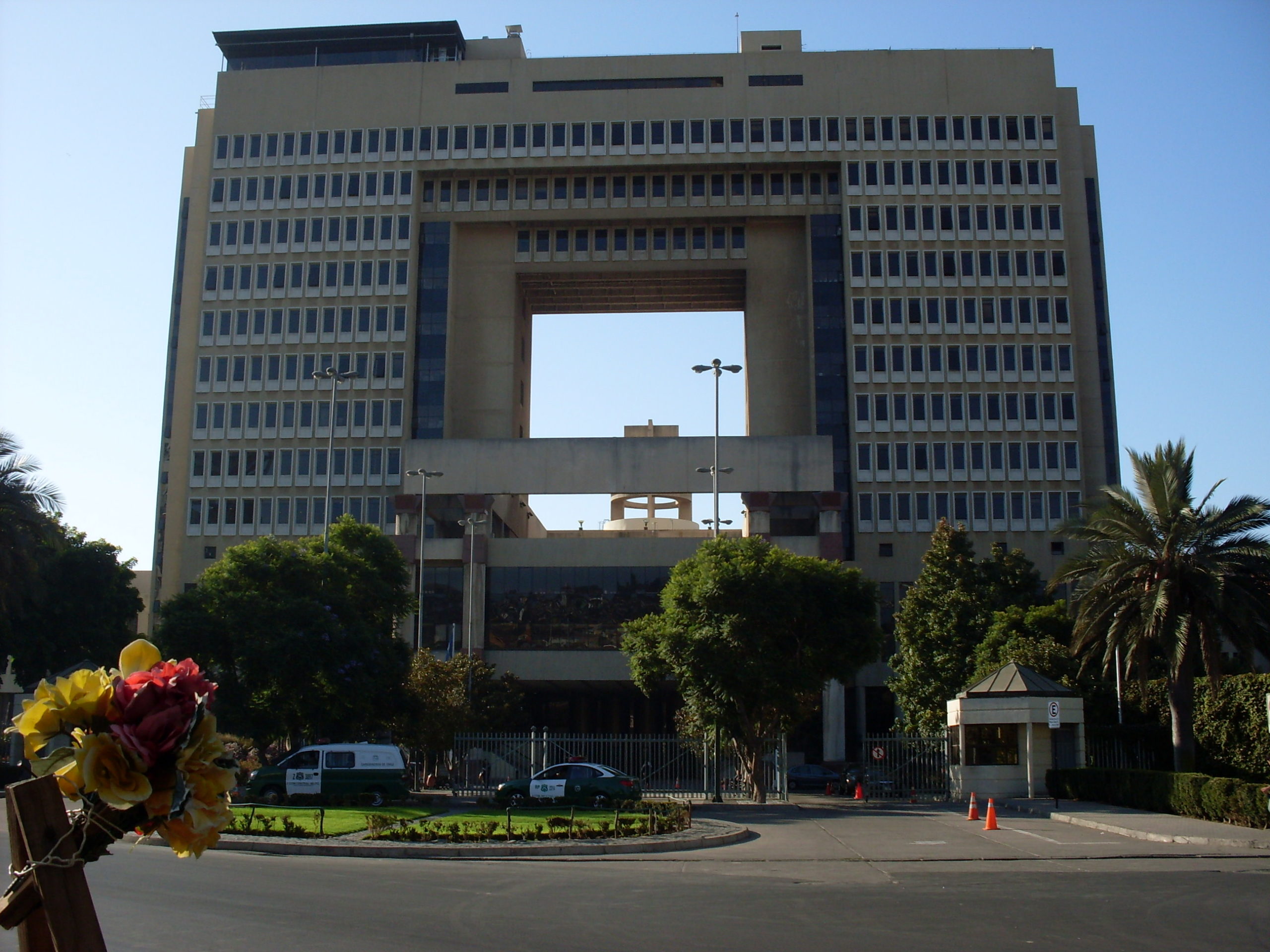RIO DE JANEIRO, BRAZIL – Neither the far-leftist Gabriel Boric nor the religious conservative José Antonio Kast, who will compete for the Chilean Presidency next Sunday, will have their majority in Congress: the current scenario will force whoever wins to forge stable alliances to make his project viable, in a fragmented space under pressure from the street.
The elections of last November 21 defined a run-off election marked by antagonistic positions and dispersion of political forces and the irruption of new ones in the Chamber, which will give particularities to the dialogue between the Executive and Legislative powers for the next period.
Read also: Check out our coverage on Chile
The 155 deputies and 50 senators, at a general level, will be evenly distributed as of March 2022: progressives and conservatives took half in each chamber, although without specific hegemonic groups.

Apruebo Dignidad in favor of Boric achieved 37 deputies and four senators; on the other hand, the Social Christian Front (FSC), the conglomerate that supports Kast, gained 15 deputies and only one senator.
Thus, experts told Efe that dialogue and political skill would be fundamental for whoever assumes the first Chilean magistracy during the next four years, marked by significant social effervescence after the wave of protests that shook the country at the end of 2019 and high expectations of a change of model.
“WILLINGNESS TO DIALOGUE”.
For María Cristina Escudero, Ph.D. in Political Science and academic at the Institute of Public Affairs of the University of Chile, the Executive “will have to show quite a lot of ability to congregate the forces it needs”.
“Most of the public policies that require reform have to be laws; this forces the Executive to talk with the Congress and today that is a space without predominant forces, moreover, as this new composition has not started to work, we also do not know the affinities that can be generated in the center areas”, said the academic.
In this sense, Escudero highlighted the need to count on a “disposition to dialogue”. However, for this, it is necessary to generate conditions of trust and return to the “moderation of language”, considering the divisions that have been accentuated in the face of the ballot.
NEW FORCES
The Chilean right-wing, which according to experts, has suffered one of its most profound crises in the current period and has been forced to rearticulate, has taken refuge in more complex and more conservative positions, moving away from the liberal horizon proposed a few years ago by parties such as Evolución Política or Ciudadanos.
As the crystallization of this phenomenon, the November elections arrived in the Chamber of 15 deputies of the Social Christian Front. This conservative coalition supported José Antonio Kast and where people linked to the Evangelical and Pinochetista world are militants.
Likewise, the arrival of the People’s Party (PDG) – a group that supported former independent right-wing candidate Franco Parisi, who surprisingly won third place in the first round – with six deputies in the lower house calls for flexibility in negotiation strategies, says Escudero, as it is a force that has not participated permanently in the Chilean public debate.
“TRANSVERSAL AGREEMENTS”.
According to Josefina Araos, historian and researcher at the Institute of Society Studies (IES), the next president will have to show “a lot of political virtue” since his challenge, beyond promoting a program, will be to “negotiate and articulate transversal agreements”.
The horizon, Araos said, is “to achieve collaboration after times when the characteristic between the Executive and Congress has been obstructionism. It will be a difficult task since we know the composition of the future Congress: highly fragmented, with an important number of new figures and a very deteriorated previous political dynamics, with signs of intolerance to political dissent and marked by distrust and mutual resentment”.
In this context, Araos points out the “delicate” work that the next Administration will have to carry out, “since it is essential that fragmentation does not translate again into blockage”.
“It may be positive to have a Congress where no one has a clear majority because it forces moderation, but it is also a risk: citizens are impatient today and have demands that have been postponed for a long time. There is no room for delays or passing the buck, and this will require the vilified agreements to be vindicated. It is especially in this field that the next government will have to move”, she added.

